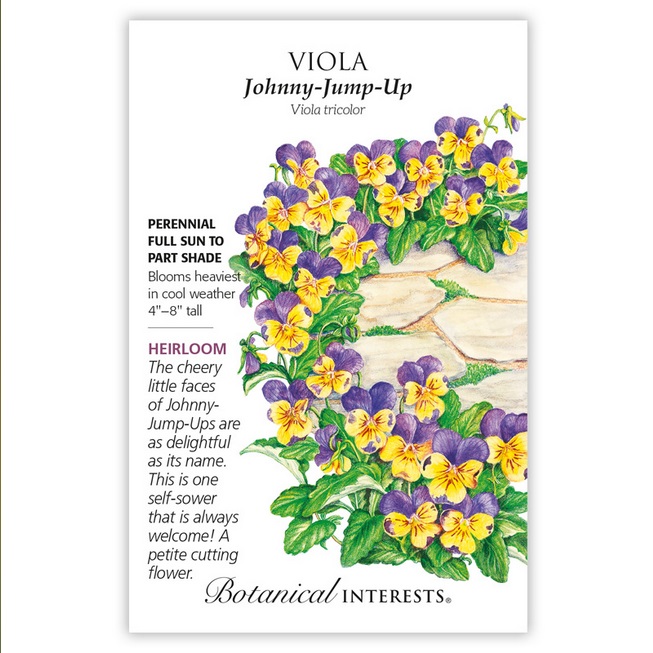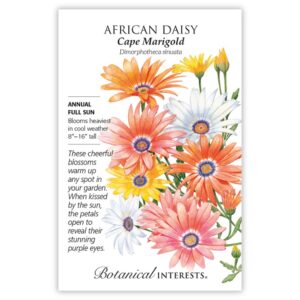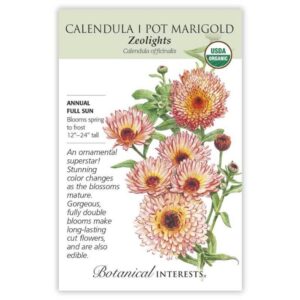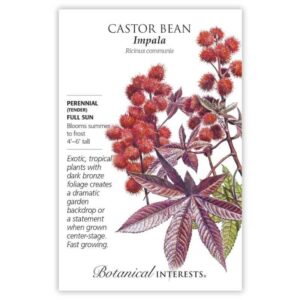Description
Viola Johnny-Jump-Up Seeds (Viola tricolor) add charm to any garden with their vibrant purple and yellow blooms that are sure to brighten up even the coldest months. These delightful flowers, often seen poking through snow, are frost-tolerant and can bloom heavily in cool weather, making them a wonderful perennial in USDA zones 4–8. While they may be grown as annuals in warmer climates, they are known for reseeding, ensuring they return year after year. These edible flowers make a lovely addition to salads and desserts, and their small stature (4″–12″) makes them ideal for containers or garden borders. With proper care, including deadheading and pruning, you can enjoy their beauty year after year.
240 seeds.
Variety Info:
Botanical Name: Viola tricolor
Family: Violaceae
Native: Asia and Europe
Hardiness: Perennial in USDA zones 4–8; often grown as an annual. If grown under optimum conditions, and regular attention given to proper deadheading and pruning, violas will last year after year. Reseeds readily. Very frost tolerant and can even be seen blooming in snow.
Plant Dimensions: 4″–12″ tall and wide
Variety Information: ¾” purple and yellow flowers
Exposure: Full sun to part shade
Bloom Period: Bloom heaviest in cool weather
Attributes: Deer Resistant, Edible Flower, Good for Containers
Sowing Info:
When to Sow Outside: RECOMMENDED. Cold Climates: 4 to 6 weeks before your average last frost date, or in midsummer for fall and the following spring bloom. Mild Climates: Late summer for cool–season bloom.
When to Start Inside: 8 to 10 weeks before your average last frost date for early spring planting, and midsummer for fall planting in both mild and cold climates.
Days to Emerge: 7–20 days
Seed Depth: 1/8″
Seed Spacing: A group of 3 seeds every 4″–6″
Thinning: When ½”–1″ tall, thin to 1 every 4″–6″




